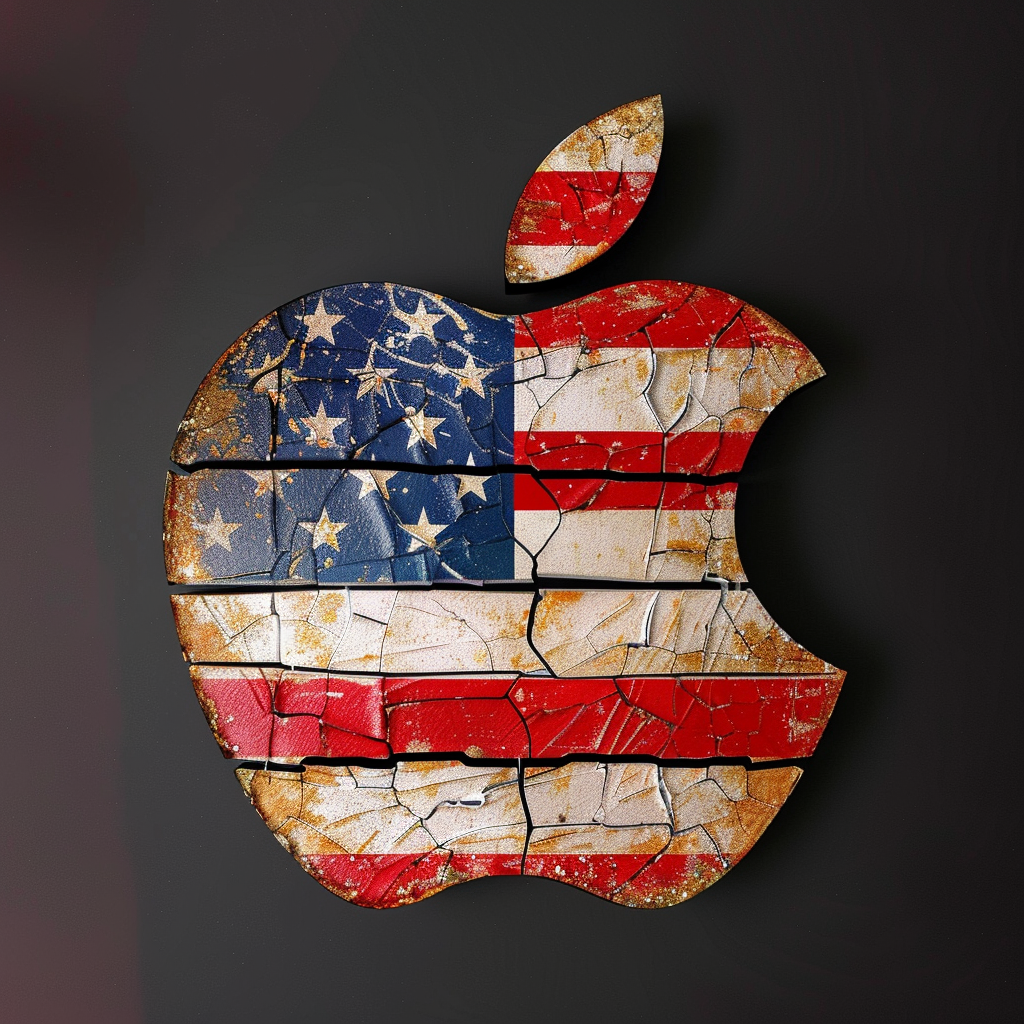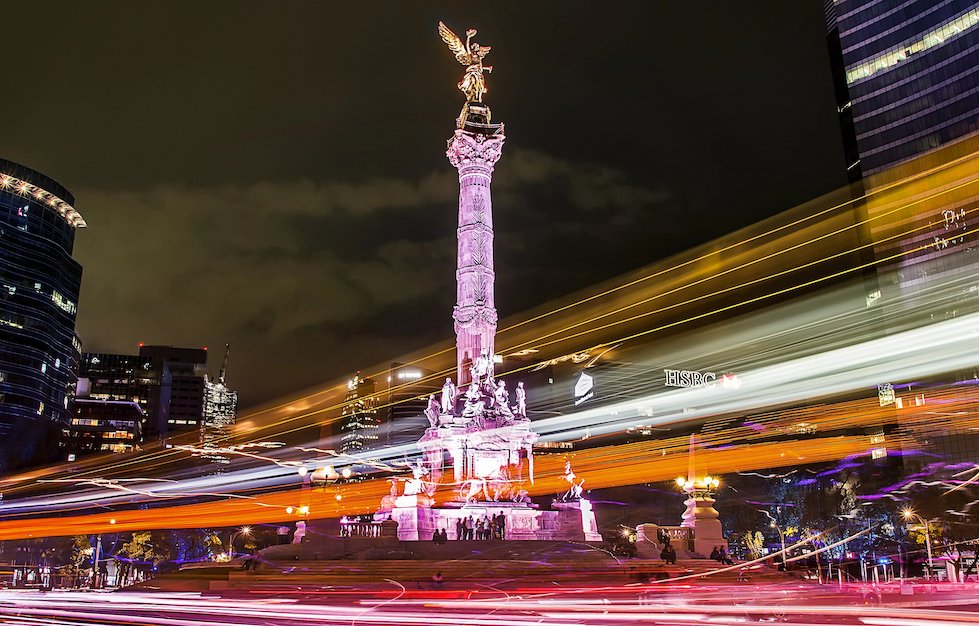On January 2, 1710, King Louis XIV of France was finally ready for peace.
After nearly seven decades on the throne (which still makes him the longest reigning sovereign monarch in human history), Louis XIV had seen more wars than he could probably remember.
Most recently, France had been fighting the War of Spanish Succession against virtually all of Europe. It had been incredibly costly — France alone suffered half a million casualties, plus the war had ruined the economy.
Louis finally capitulated in 1710 and sent a clear message to his adversaries that he was ready to make a deal. It took three years of negotiations, but finally, in 1713, the peace treaties were signed.
The end of the War of Spanish Succession in 1713 capped off roughly a century of raging warfare in Europe which had started with the Thirty Years War in 1618.
Along the way there were dozens of separate wars that took place in Europe — Portugal against the Netherlands, the Netherlands against England, England against Spain, Spain against France, France against the Holy Roman Empire, the Empire against Sweden, Sweden against Russia.
Plus nearly every kingdom — Spain, France, Russia, etc. — had multiple civil wars during the century, including the infamous English Civil War in which King Charles I was beheaded and the monarchy was temporarily abolished.
Then there was all the religious persecution — the ultimate in cancel culture. People with opposing ideological views lost the ability to engage in civil discourse with one another, and violence reigned supreme.
Murders, massacres, rebellion, and wars over religion, were commonplace, typically between Catholics and protestants. Plus governments often engaged in brutal censorship to silence the opposing side.
Yet on top of so much warfare and conflict, there were also nasty outbreaks of the plague.
Amsterdam lost 10% of its population in 1624 from the plague. London lost nearly 25% of its population from 1665-1666. Seville (in Spain) and the Kingdom of Naples lost HALF of their populations in the mid 1600s.
But the pain didn’t stop there.
In addition to constant warfare — and the plague — many of Europe’s economies also suffered painful, historically high inflation.
Governments across Europe had gone practically bankrupt from endless military conflict. So with their treasuries nearly depleted, they resorted to debasing their currencies and raising taxes.
Prices of consumer staples like bread and meat rose across the continent, but wages didn’t keep up. So most people who were lucky enough not to have been killed by war or disease were growing poorer each year.
In short, it was a century of never-ending chaos, conflict, censorship, pestilence, and inflation — something like the last few years we’ve been having.
After decades of relative peace in Europe, war has broken out once again. Social division and ideological intolerance are becoming more violent. Censorship is commonplace.
Politicians and central bankers have engineered historically high inflation. Major powers in the west are rapidly going broke. And our modern ‘plague’ has wreaked havoc on the world for more than two years.
Undoubtedly today there are countless people who feel that the world has gone out of control. They probably felt the same way in the 1600s as well.
But it’s important to remember that, in the midst of all the censorship, civil war, conflict, and chaos, the 1600s also saw some of the greatest scientific and technological advances in all of human history.
The intellectual revolution sparked by advances in the printing press was in full swing by the 1600s; knowledge was finally able to flourish and spread at a pace that was previously unimaginable.
Medicine began to cast aside its medieval brutality and become grounded in the scientific method.
Advances in navigation and maritime technology generated extraordinary progress in global trade. New settlements around the world created better opportunities for pioneering risk-takers.
Banking and finance took a giant leap forward. The first modern financial markets were developed.
And some of history’s greatest intellectual giants, including Isaac Newton, John Locke, Rene Descartes, Galileo Galilei, Gottfried Leibniz, Robert Hooke, Blaise Pascal, Edmond Halley, Baruch Spinoza, Robert Boyle, Thomas Hobbes, etc. all lived and produced incredible work during this chaotic period.
Point is, despite the chaos, there was still plenty of upside.
Our world is no different.
Yes, we have crazed megalomaniacs with nuclear arsenals. We have Napoleonic public health dictators.
We have extreme political dysfunction and ‘leaders’ who say things like “government spending is reducing the national debt. It is not inflationary.”
We have Big Tech censorship and Cancel Culture. We have bankrupt governments and insolvent pension funds.
But we also have plenty of upside.
All of these problems, frankly, are opportunities to create solutions. And the bigger the problem, the bigger the opportunity.
The supply chain crisis is an obvious example of a huge problem that needs real solutions.
Last week I had a call with an entrepreneur who is seeking investment capital; he’s developed patented intellectual property that solves a major challenge in the transportation industry that can help clear up some of these bottlenecks. He already counts some of the world’s largest companies as his customers.
So far it’s going very well. And if his solution continues to be successful, he’ll not only fix a massive problem, but he’ll stand to make an enormous amount of money. His investors will too.
This is just a drop in the oceans of opportunity that have been brought on by so much turmoil and change.
It’s a great way to think about your Plan B.
We’ve written before that a Plan B isn’t a pessimistic bunker mentality. It’s not about hiding from the world.
Rather, it’s about ensuring you’ll be in a position of strength regardless of what happens or doesn’t happen next.
And, from that position of strength, to be able to engage with the world and enjoy all the opportunities that are still available.








